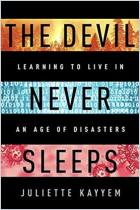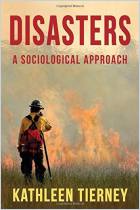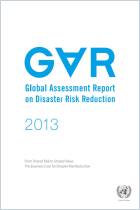Stefanie Haeffele and Virgil Henry Storr, both Hayek scholars at George Mason University, present seven essays in this academic but useful overview of current thinking on disaster response and the sometimes hidden strengths of communities. The essays focus on public versus private roles, and report findings that in a crisis, decentralized, local, private networks can respond more effectively than federal agencies. The authors envision a more contained government role, advocating instead for greater local resilience and responsibility. They conclude that strong communities often provide the best defense against disaster.
Disasters can be economic, natural or political. Governmental responses are not always the most effective solutions.
Communities need interpersonal and interagency coordination and enormous resources to rebound after a crisis. Centralized government isn’t always the ideal leader in a disaster. Studies find that community-based, bottom-up solutions may offer more robust alternatives, though the media rarely focus on their effectiveness.
Those coordinating a disaster response need access to information and resources, and the ability to initiate activities according to immediate priorities. They must adapt quickly as situations change. Centralized authorities rarely possess these qualities. Disaster responders can learn from flexible, local bottom-up efforts. Individuals and local communities can assess their situations and decide how to deal with them, regardless of centralized government responses. Local leaders connect people, coordinate their efforts, speak up about community needs and emphasize resiliency as they rebuild.
Marginalized, vulnerable communities can participate in bottom-up recovery.
The United States federal government...
Stefanie Haeffele is deputy director and Virgil Henry Storr is vice president of academic and student programs at George Mason University. They are fellows of the F.A. Hayek Program for Advanced Study in Philosophy, Politics and Economics.




















Comment on this summary